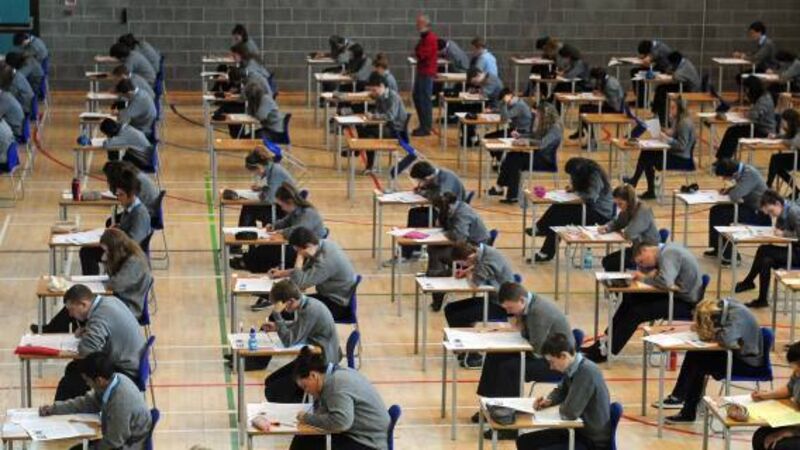CAO is elitist and unfair and has nothing to do with education

LAST week, the Leaving Cert results. This week, the CAO points. It’s the peak of achievement for some young people, and it feels like the end of the world for others.
And for thousands of young people, it will go on for quite a while yet. Already, some have been on tenterhooks for a week. Their Leaving Cert figures may be enough to get them their college choices, or they may fall just short. They may have enough points based on last year’s numbers, but the points may have gone up this year.















